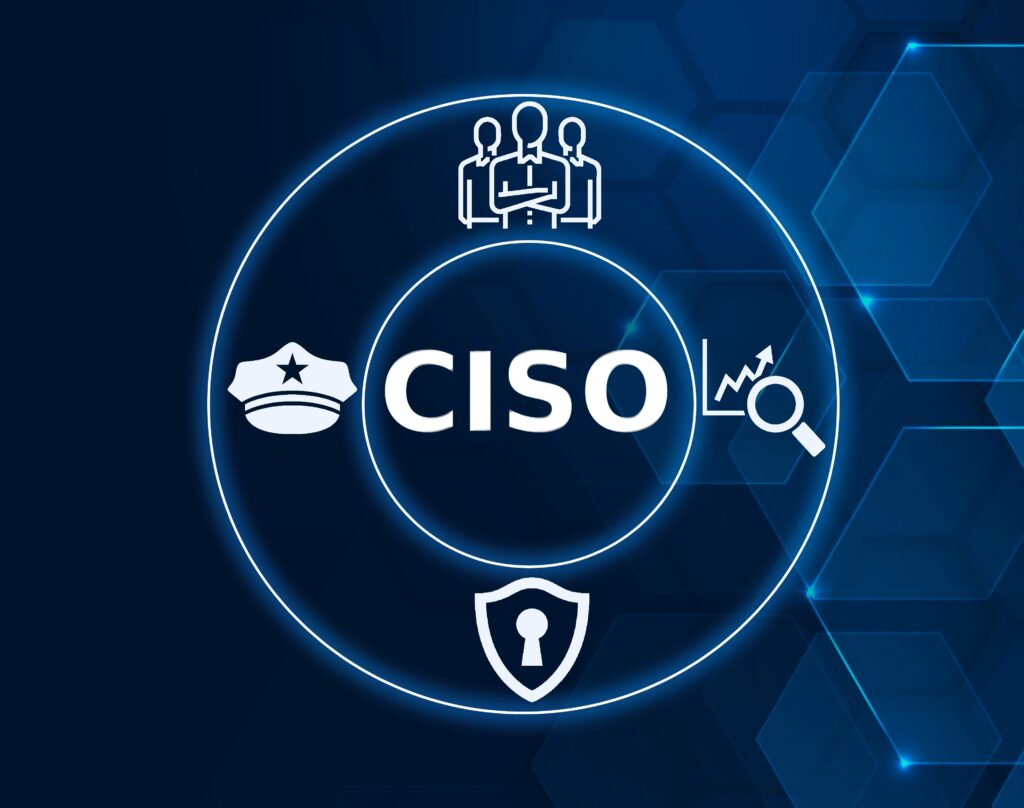As we continue to embrace the digital revolution, moving EHRs to the cloud has become increasingly beneficial for healthcare providers. The benefits range from improved efficiency, increased accessibility, and notable cost reductions, making cloud-based EHRs an advantageous solution. This transition brings new challenges, particularly in safeguarding patient data and maintaining cybersecurity.

The Upside and Challenges of Moving EHRs to the Cloud
Cloud-based EHRs offer greater scalability, reducing the complexities and costs associated with traditional, on-premises data centers. Modern solutions have changed how healthcare professionals work, integrating patient data across platforms, improving collaboration, and aiding decision-making. With the ability to access patient information from any location and device, healthcare providers can provide more personalized and efficient care.
This change also brings new challenges, especially in protecting patient data and maintaining strong cybersecurity measures. As healthcare goes digital, it’s crucial to safeguard patient data from unauthorized access and cyber threats.
Fortifying Security Measures for Protecting Patient Data in Cloud-Based EHRs
Protecting patient data is of paramount importance. To ensure cybersecurity in cloud-based EHR systems, it is crucial to implement various security measures. These measures include cloud identity entitlement management, authentication, system integration, and FHIR compatibility. Additionally, conducting security risk assessments is also essential.
Compliance with Regulatory Requirements: A Non-negotiable in Cloud-Based EHRs
Regulatory compliance is not just a legal obligation – it is a requirement and a key element in preserving trust with patients and healthcare partners. As a healthcare organization, you must keep pace with numerous regulations and rules, including HITRUST and HIPAA, to ensure your cloud-based EHR system abides by all necessary laws, prioritizing patient privacy and data protection.
Unleashing the Full Potential of Cloud-Based EHRs
So, with thoughtful planning and strategic execution, healthcare providers can leverage the power of cloud-based EHRs, enhancing patient care while ensuring data security and regulatory compliance.
There are many considerations when evaluating the management of your cloud infrastructure. A trusted partnership with vendors can further bolster these efforts, ensuring a smooth transition to the cloud and beyond.
In the evolving world of healthcare, cloud-based EHRs pave the way for a more efficient and accessible future. Remember, a secure transition to the cloud begins with educated healthcare providers – a step towards quality care and privacy for all.
The time is now for healthcare cloud migration. Schedule a consultation with a ClearDATA Cloud Expert today.


